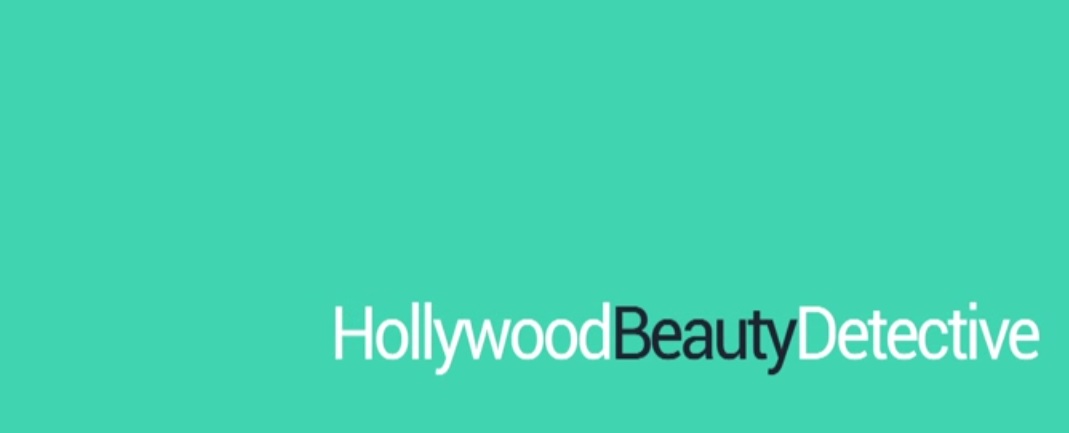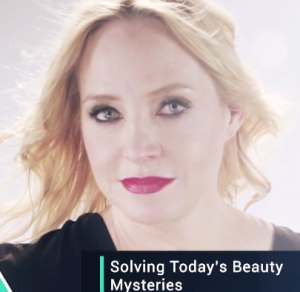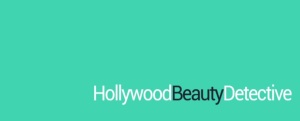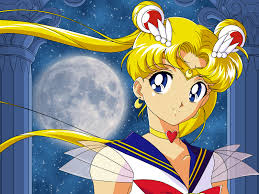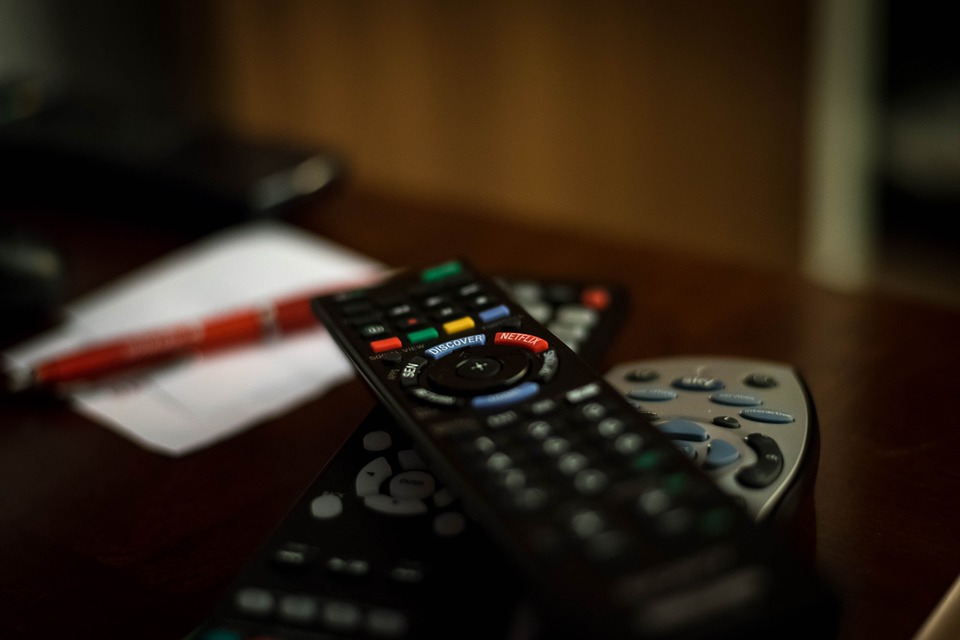What is beauty, and why does mainstream culture seem to equate beauty with a certain age range and body type, especially when it comes to women? The answer is complex and requires us to critically examine movies, TV shows, and other media that we love (or don’t). We know something’s wrong with expectations for women in Hollywood and media being produced there, but what can we do about it?
Holly Fulger is ready to get to the bottom of the mystery in The Hollywood Beauty Detective, a series created with the help of Indiegogo crowdfunding. Holly has a decades-long career in acting and modeling – and to her, beauty was often at the center of success.
In her series, Holly will solve these complicated beauty mysteries and open a healthy conversation about image.
Traversing the worlds of business, press, and entertainment as a thirtysomething, I’ve also noticed these issues affecting those I care about. The women in even the most progressive mainstream movies hardly reflect the diversity in age, race, and body type as the women I know in real life.
Hoping to learn a bit more about this topic, I reached out to Holly with some questions about women, beauty, and Hollywood.
Tara M. Clapper: Is there a positive side to being an aging woman in Hollywood?
Holly Fulger: Yes!!! Look at the women who are leading the way…Helen Mirren, Meryl Streep, Francis McDormand. With age comes wisdom and freedom.
TMC: Rene Zellweger was in the news recently regarding her changed appearance. Do you think fans and critics have the right to comment on public figures in this way?
HF: I believe it is pretty terrible what has been set up here. We live in a culture that idolizes the young. We are told that being young equals beauty. So, when a woman such as Rene Zellweger then tries to emulate that which she is told is “beautiful” she is judged, mocked, and shunned. How is that in any way fair?
TMC: Is plastic surgery a standard for women in Hollywood? Does it empower and help a woman to receive it, or does it simply send the wrong message to fans?
HF: I think there are so many treatments that are being done today in the pursuit of youth and beauty and it’s a fine line between what is considered a simple treatment (laser facials, fillers, botox) and what is full on plastic surgery. Yes, many women I know do all of the above. And for some, it probably is empowering in the moment, if we do indeed believe that being beautiful means being young. However, I also believe that as we become more accepting and comfortable with aging and are able to see an aging woman’s intrinsic beauty, perhaps the need to stay young will shift.
TMC: From an outsider’s perspective, it seems like Hollywood is a pretty progressive environment. Is that the case? If so, why isn’t it always reflected in the types of roles available for women versus men?
HF: Yes. progressive in some ways, not so progressive in others. The role of women and our objectification in society runs very deep. To change this we need to push back and voice our dissatisfaction. It isn’t fair and it needs to change. The more vocal we are about it the more it will change.
TMC: Why is it important for audiences to see more realistic women in the media they consume?
HF: Because we are trying to emulate that which doesn’t even exist. It is an unattainable ideal and it is a horrible set up for girls and women. A bill called the Truth in Advertising Act of 2014 was introduced in March and it requires the federal regulators to submit a report to congress that contains “a strategy to reduce the use in advertising and other media for the promotion of commercial products of images that have been altered to materially change the physical characteristics of the faces and bodies of individuals depicted.”
TMC: How has the notion of beauty standards impacted your young daughter?
HF: My daughter is very strong and has a very intact sense of self. That said, she is a dancer and spent last summer at a summer intensive with the Houston Ballet. The pressure she felt to be skinny as a ballet dancer was intense. It was actually so extreme that she decided that if that level of scrutiny and “thinness” was necessary to excel in ballet, her focus was going to shift and it has. She is much more focused on modern and jazz and will most likely follow that course.
TMC: What are some positive examples of shows and movies representing more realistic or varied women?
HF: You know, I love to watch shows out of the UK because the actors just seem to look like real people. I watched “Broadchurch” recently and I loved it. It’s a police procedural and the female lead is fantastic and looks like she could live next door. It was remade for the US this year and called “Gracepoint.” The female lead was recast. I favored the one from the UK.
My daughter loves “Orange Is The New Black” but I haven’t watched that yet.
TMC: I hear a lot of people say they want to see more realistic portrayals of women in TV and film – so if there’s a market for this, why isn’t it happening?
HF: Advertisers, advertisers, and advertisers. If advertisers control what we see, and we, in turn, are a reflection of that, it’s up to us to speak up and voice our dissatisfaction.
TMC: How can The Hollywood Beauty Detective make an impact?
HF: If it’s up to us to change things, this is my way. It is my way of saying, “I suffered because of this. I have spent my life in constant turmoil about my physical appearance. Let’s explore this together and see how we can change it.”
I truly invite everyone to come on this exploration with me. I am learning at the same pace as everyone else. And I believe that together we can shine some light on this issue and make a difference.
- If you’re interested in helping Holly’s mission, you can contribute to The Hollywood Beauty Detective campaign on Indiegogo.
- Follow Holly on Twitter @hollyfulger
- Check out The Hollywood Beauty Detective Channel on YouTube
- Holly Fulger on IMDB

